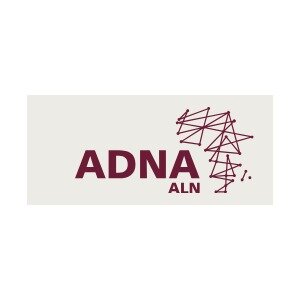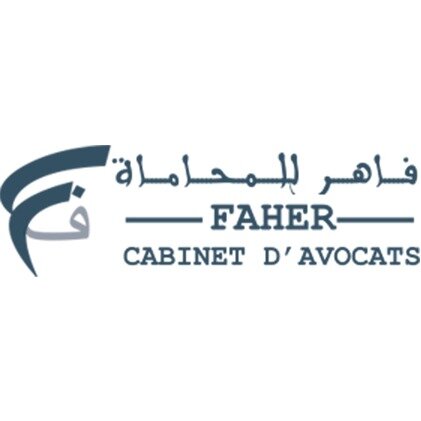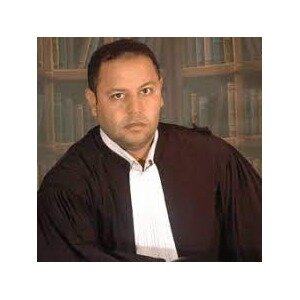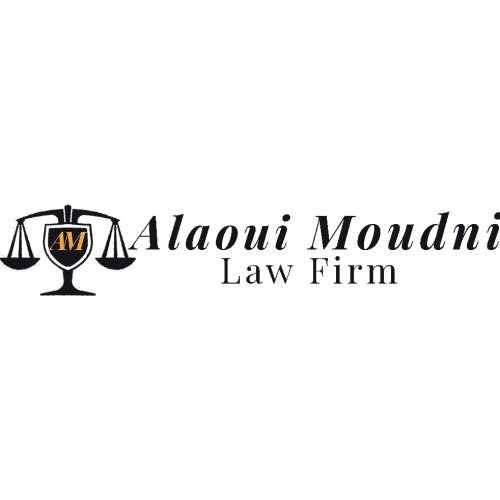Best Oil, Gas & Energy Lawyers in Casablanca
Share your needs with us, get contacted by law firms.
Free. Takes 2 min.
List of the best lawyers in Casablanca, Morocco
About Oil, Gas & Energy Law in Casablanca, Morocco
The city of Casablanca, Morocco sits at the heart of an ambitious infrastructure and energy policy. The oil, gas, and energy sector is divided into two main fields: exploration and production, which are regulated by the state-owned Office National des Hydrocarbures et des Mines (ONHYM) and energy generation and distribution, administered by another state-owned institution, the Moroccan Agency for Energy Sustainability (MASEN). Both the organizations are pushing towards renewable energy and establishing Morocco as a key energy player in Africa.
Why You May Need a Lawyer
As energy operations often involve large, complex transactions, it's common for businesses and individuals to seek help from a specialised lawyer. You may need a lawyer for activities such as securing rights to oil, gas, and energy resources, negotiating and drafting contracts with other parties, ensuring compliance with environmental regulations, and handling disputes related to extraction, production, sales, or even environmental impact. Navigating the legal waters of Casablanca’s oil, gas, and energy sector can be tricky without the right professional assistance.
Local Laws Overview
Moroccan oil, gas, and energy law is largely regulated by the Hydrocarbon Code, and the Mine Code. Some key aspects are: ownership of resources lies with the state, tax rates are competitive to encourage foreign investment, there's strong emphasis on environment protection and social endorsement. Regulatory reforms are being implemented to increase the share of renewable energy to 52% by 2030. Non-compliance with these regulations can result in hefty fines or even revocation of licenses.
Frequently Asked Questions
What rights do I have as an oil, gas, or energy resource explorer?
The state is the owner of all oil, gas, and energy resources. However, as an explorer, you are granted rights to explore and exploit resources under outlined terms of the concession agreement. This must abide by the Hydrocarbon Code and Mine Code.
How can I secure an energy contract in Morocco?
You would need to negotiate and agree on terms with the Moroccan government or the party selling the rights. This process requires detailed provisions and should be guided by an experienced lawyer.
What happens if I violate environmental norms?
Violating environmental norms can result in heavy penalties including fines, suspension, or even cancellation of your operating license.
Does Morocco encourage renewable energy?
Yes, Morocco is one of the leading African countries in the transition towards renewable energy. The Moroccan Agency for Energy Sustainability is charged with implementing the government's ambitious renewable energy targets.
Can a foreign entity invest in Morocco's energy sector?
Yes, Morocco encourages foreign investments in the energy sector. The government offers incentives such as tax benefits to attract foreign investment.
Additional Resources
Some useful resources include The Moroccan Agency for Energy Sustainability (MASEN) and National Office of Hydrocarbons and Mines (ONHYM), which provide guidance about regulations, requirements, and state projects related to oil, gas, and energy. In addition to this, reports and studies published by OPEC can also be valuable. All these resources can provide crucial insights into the Moroccan energy sector.
Next Steps
If in need of legal assistance related to oil, gas, or energy in Casablanca, finding an experienced lawyer in the field is the first step. Look for a professional who has a deep understanding of the legislative landscape, business environment, and who has experience representing clients in this sector. Prepare all relevant documents and be ready to discuss your situation in detail. Remember, securing proper legal representation can save you from manifold complications in the future.
Lawzana helps you find the best lawyers and law firms in Casablanca through a curated and pre-screened list of qualified legal professionals. Our platform offers rankings and detailed profiles of attorneys and law firms, allowing you to compare based on practice areas, including Oil, Gas & Energy, experience, and client feedback.
Each profile includes a description of the firm's areas of practice, client reviews, team members and partners, year of establishment, spoken languages, office locations, contact information, social media presence, and any published articles or resources. Most firms on our platform speak English and are experienced in both local and international legal matters.
Get a quote from top-rated law firms in Casablanca, Morocco — quickly, securely, and without unnecessary hassle.
Disclaimer:
The information provided on this page is for general informational purposes only and does not constitute legal advice. While we strive to ensure the accuracy and relevance of the content, legal information may change over time, and interpretations of the law can vary. You should always consult with a qualified legal professional for advice specific to your situation.
We disclaim all liability for actions taken or not taken based on the content of this page. If you believe any information is incorrect or outdated, please contact us, and we will review and update it where appropriate.

















